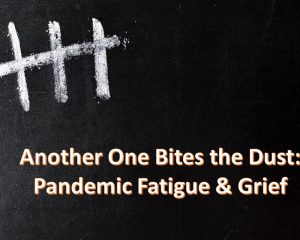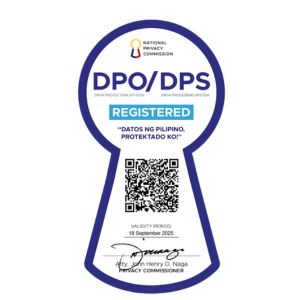Having trouble sleeping? You are not the only one. Research shows that Filipinos are the most sleep-deprived in Asia. Almost half of our population sleeps for less than six hours a day. It could be because of problems in sleeping, the nights are too hot, stress, shifting schedules, too much work, or maybe because too much of our time is spent stuck in traffic that there is less time left for sleep.
Unfortunately, problems arise from lack of sleep. Good sleep is essential for our health and it helps us function properly. Sleep facilitates in our memory, emotion regulation, decision-making, judgment, physical health, brain repair, and alertness and focus when we are awake.
Without adequate sleep, we are more prone to health problems, weight gain, and high blood pressure. Sleep deprivation also affects our performance at work and will cause us to feel more tired or fatigued.
But what does it mean to have a “good sleep”? A good sleep is characterized by four conditions. These conditions can help us tell if we had a good sleep or not so that we can get the most health benefits from a restorative sleep.
- Satisfaction. A good sleep is when you feel restored or well rested upon waking up. When you feel satisfied with the quality of sleep that you had, that is when you know that you have had a good sleep.
- Alertness. A good sleep is also when you are able to maintain being alert and focused throughout the day or when you are awake. It means that your sleep was able to fully replenish your energy.
- Timing. When you sleep within the 24-hour day is also important. Ideally, the best time to sleep is at night. However, many jobs operate during the night as well so sleeping during daytime may be unavoidable. If this is the case, it is important to trick your body that it is nighttime by dimming the lights and reducing as much noise as possible.
- Efficiency. A good sleep is also when you have no difficulty falling or going back to sleep. It may be difficult to say that you have had a good sleep if you have trouble falling asleep or if you wake up in the middle of the night and have trouble going back to sleep.
- Duration. The number of hours of sleep is also important. It is recommended for adults to sleep for at least seven to nine hours a day.
So, now that we know how important a good sleep is and how it affects us, how do we get better sleep, especially for those who work the night shift?
- Avoid caffeine, nicotine, and alcohol before bedtime. Caffeine and nicotine disrupts our sleep. Caffeine can be found in coffees, teas, and sodas. It may come as a surprise to some that alcohol is also bad for sleep. Alcohol may cause as to feel drowsy at first but it actually increases our levels of arousal later on and will not make you feel well rested when you wake up.
- Avoid long naps during waking hours. Sometimes, having a nap will make it difficult for us to fall asleep when it is actually time to sleep. However, power naps that range from 15 to 20 minutes is okay to get that extra boost of energy.
- Exercise regularly. Research has shown that regular exercise helps us sleep better especially if you have excess energy that you need to burn.
- Reduce bedroom noise and light. Noise is an obvious source of sleep disturbance. Making sure that there is as little noise as possible in your bedroom will help you sleep better. Keeping your room dark can also help because it tricks your body to think that it is night time.
- Keep regular sleep schedules. Keeping a regular sleep schedule will give your body a pattern to follow. This way, your body knows when it is time to sleep and when it is time to wake up. This will also help lessen your difficulty in falling asleep and keep you from waking up in the middle of the night.
- Manage stress. It is more difficult to fall asleep when you are stress or worried. Thoughts keep running in your mind and you keep tossing around in your bed. Managing your stress through relaxation and mindfulness techniques or talking to a professional can help improve your sleep.
It is important for our body to rest after a long day at work so that we can start the next day full of energy. Having inadequate sleep not only affects our health but our performance at work as well. If you are having trouble sleeping, our life coaches and counselors at PowerVision EAP, Inc. can help you. PowerVision provides Employee Assistance Programs (EAP) to companies and organizations in the Philippines. We help employees deal with personal and work-related issues that impact their performance.
References:
- Buysse, D. J. (2014). Sleep Health: Can We Define It? Does It Matter? Sleep, 37: 1, 9-17, https://doi.org/10.5665/sleep.3298
- Hirshkowitz, M., et al. (2015). National Sleep Foundation’s sleep time duration recommendations: methodology and results summary. Sleep Health, 1:1, 40-43. https://doi.org/10.1016/j.sleh.2014.12.010
- Irish, L. A., et al. (2014). The role of sleep hygiene in promoting public health: A review of empirical evidence. Sleep Medicine Reviews, 1-14. http://dx.doi.org/10.1016/j.smrv.2014.10.001
- Killgore, WDS (2016) Lighting the Way to Better Sleep and Health. J Sleep Disor: Treat Care 5:1. doi:10.4172/2325-9639.1000e104
- https://www.uratex.com.ph/keeping-filipinos-awake-at-night/











